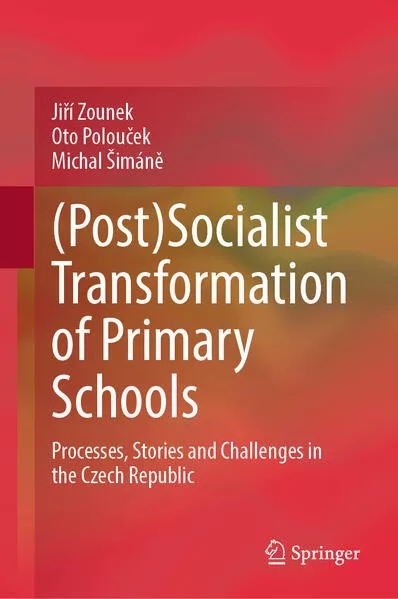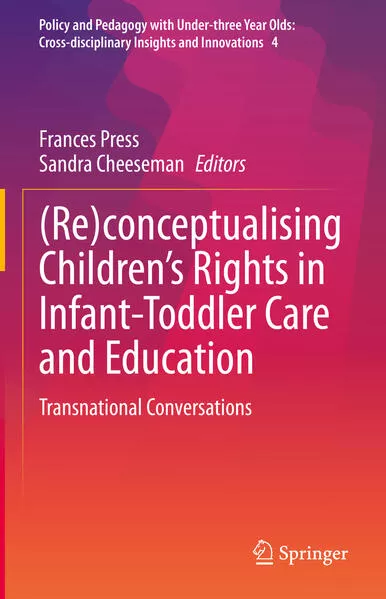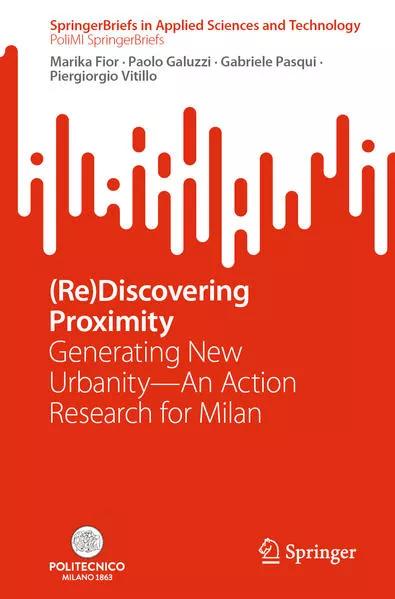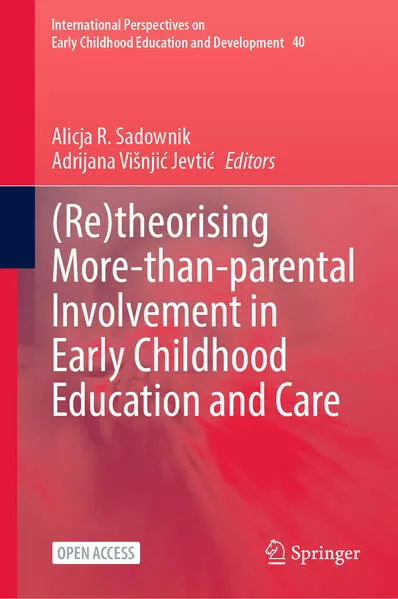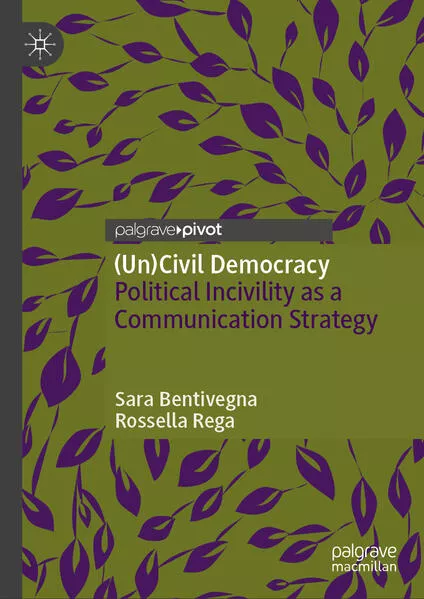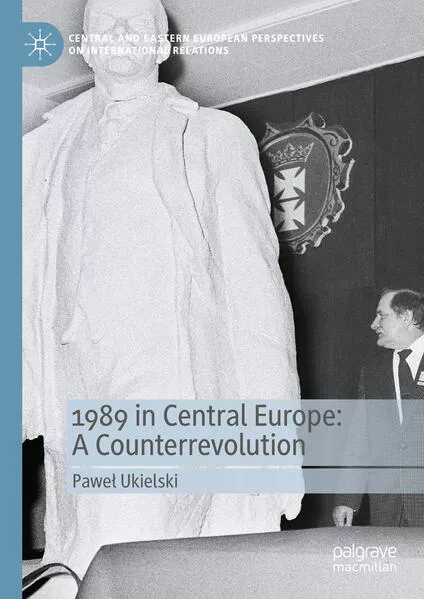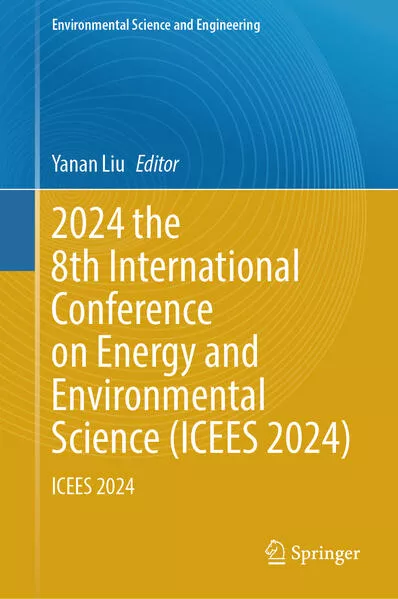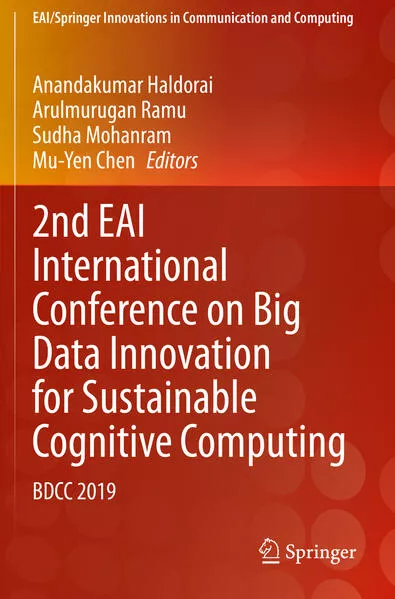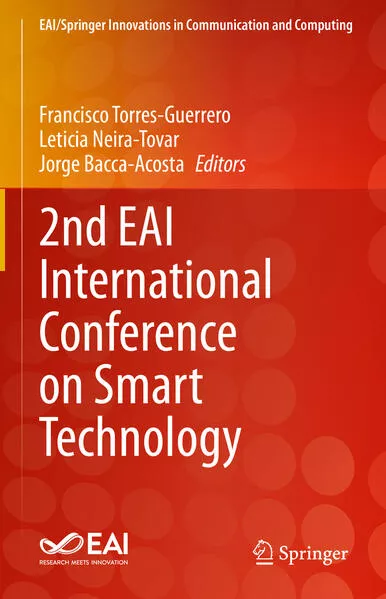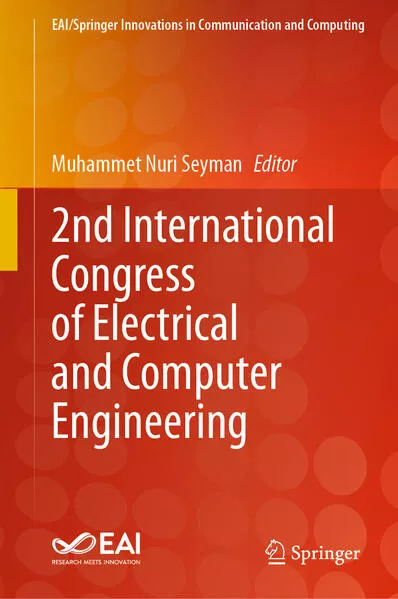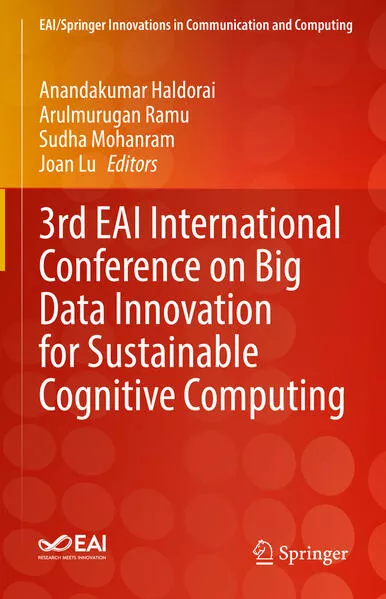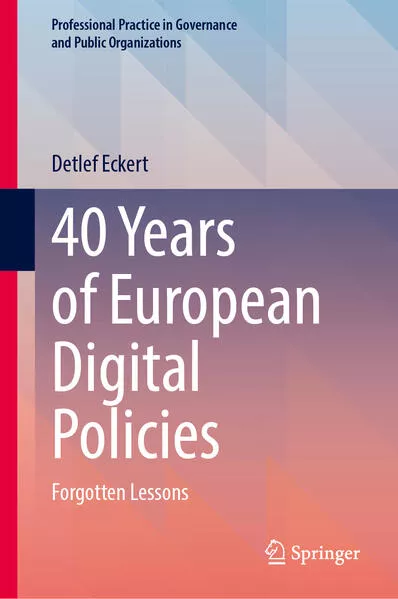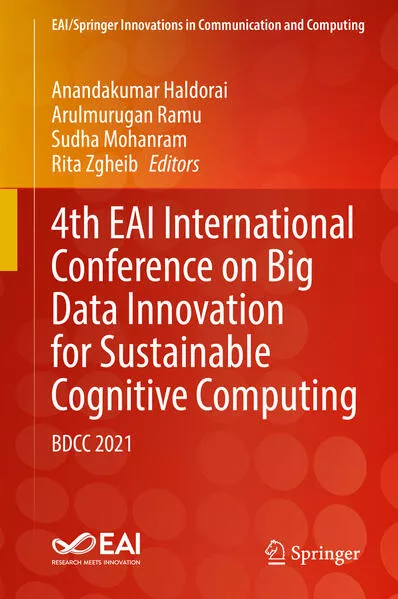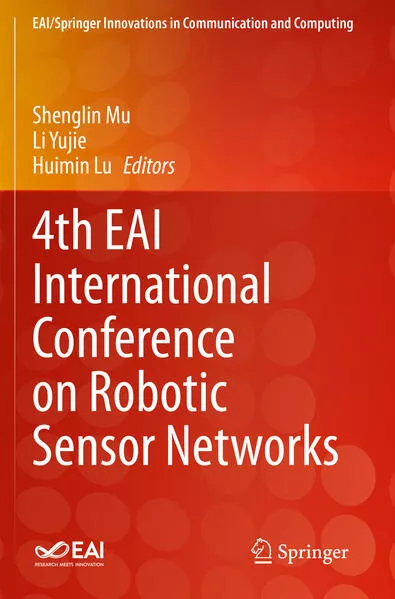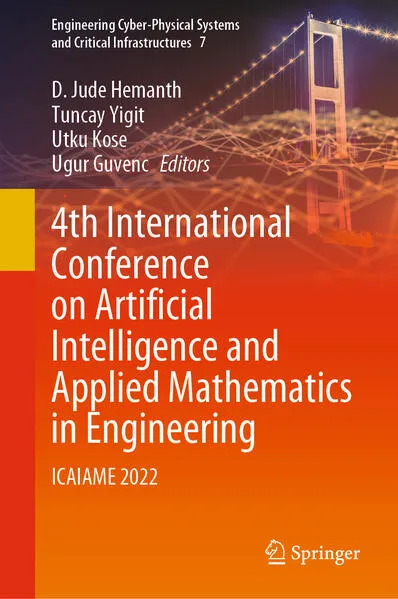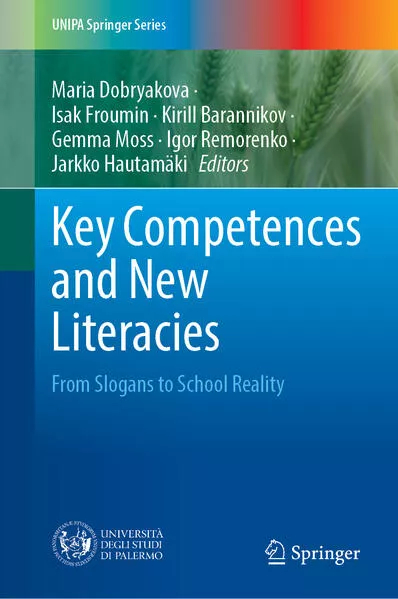
Key Competences and New Literacies
From Slogans to School Reality
This edited book is a unique comprehensive discussion of 21st century skills in education in a comparative perspective. It presents investigation on how eight very different countries (China, Canada, England, Finland, Poland, South Korea, the USA and Russia) have attempted to integrate key competences and new literacies into their curricula and balance them with the acquisition of disciplinary knowledge. Bringing together psychological, sociological, pedagogical approaches, the book also explores theoretical underpinnings of 21st century skills and offers a scalable solution to align multiple competency and literacy frameworks.
The book provides a conceptual framework for curriculum reform and transformation of school practice designed to ensure that every school graduate thrives in our technologically and culturally changing world. By providing eight empirical portraits of competence-driven curriculum reform, this book is great resource to educational researchers and policy makers.
Unterstütze den lokalen Buchhandel
Nutze die PLZ-Suche um einen Buchhändler in Deiner Nähe zu finden.
Bestelle dieses Buch im Internet
| Veröffentlichung: | 11.08.2023 |
| Höhe/Breite/Gewicht | H 23,5 cm / B 15,5 cm / - |
| Seiten | 426 |
| Art des Mediums | Buch [Gebundenes Buch] |
| Preis DE | EUR 160.49 |
| Preis AT | EUR 164.99 |
| Auflage | 1. Auflage |
| Reihe | UNIPA Springer Series |
| ISBN-13 | 978-3-031-23280-0 |
| ISBN-10 | 3031232801 |
Über die Autorin
Maria Dobryakova graduated from the Moscow School of Social and Economic Sciences and Manchester University (M.A. in Sociology) and defended her Ph.D. in social stratification at the Institute of Sociology of the Russian Academy of Sciences. Since 2006 and until 2022 she worked at the National Research University Higher School of Economics, where she headed and coordinated a number of large-scale projects in education, social sciences, as well as publications and translation projects. Prior to that, she had worked at the Independent Institute for Social Policy (as head of publications) and the Ford Foundation (Higher Education and Scholarship program).
Isak Froumin headed the Institute of education at the National Research University Higher School of Economics in Moscow (Russia)—the first graduate school of education in Russia—from 2009 to 2021. After beginning his career as a principal of Kransnoyarsk University Laboratory School (Russia), he worked as the Lead Education Specialist at the World Bank, and the advisor to the Minister of Education and Science of Russian Federation. He is a fellow of the International Academy of Education.
Kirill A. Barannikov is the vice-rector for strategy, Moscow City University. He is working in MCU since 2015 and has led a number of projects over Moscow schools and the university development. Among the most striking projects are the online platform for teachers to create curricula (www.prok.edu.ru), the electronic platform for assessing the quality of the educational environment (www.ecers.ru, www.sacers.ru), internet service for supporting and developing initiatives (www.zamisli.pro). Over the past ten years, he headed the center for distance education of children with disabilities of the Pedagogical Academy of Postgraduate Education, the center of curricula design and standards of the Academy of Social Management. He coordinated over 40 research projects of the Department of Education of the City of Moscow, the Ministry of Education and Science of Russia. The main areas of interest are competency models in school education, issues of standardization and curricula design in an international context, change management in schools and universities.
Jarkko Hautamäki graduated from University of Helsinki (majors in experimental psychology and social psychology) and defended his Ph.D. Dissertation (Measurement and Distribution of Piagetian Stages of Thinking) in University Joensuu. He became a full professor in Special Education in Helsinki University, served also the dean and founded and directed Helsinki University Center for Educational Assessment. He is the honorary professor of Faculty of Psychology at Moscow State University, member of the Finnish Academy of Science and Letters and member of The Russian Academy of Educational Sciences. His research interests include human development and schooling for thinking, interventions and special education and applying the science of development into schooling. He lives in Helsinki, Finland.
Gemma Moss is the professor of Literacy at UCL Institute of Education. She has been the president of the British Educational Research Association (2015–17), was a member of the European Education Research Association Council (2016–18), was director of the Centre for Critical Education Studies at the Institute of Education (2007–11) and was director of the International Literacy Centre at the Institute of Education, UCL (2017-22). Her main research interests are in literacy as a social practice; literacy policy; knowledge transfer and knowledge exchange; evidence-informed practice and curriculum design; pedagogy and new technologies; primary assessment; and gender and literacy attainment. Her research includes running multi-site ethnographic case studies, combining quantitative and qualitative methods in innovative ways and using rapid evidence assessment systematic review processes to bring knowledge to bear on contentious questions in education, where funders require rapid answers.
Igor M. Remorenko has been holding the post of the rector of the Moscow City University since 2013. He has a Ph.D. and full-doctor degree in Education. From 2009 to 2011, he held the post of the director of the Department of the State Policy and Legal Regulations in Education, Department of the State Policy in Education, Department of the Strategic Development of the Ministry of Education and Science of the Russian Federation; supervised the top-priority national project “Education” and programs to support the innovative development of the higher education institutes. From 2011 to 2013, he is the deputy minister of Education and Science of the Russian Federation. He is the author of a number of the scientific publications, two monographs. He participates in the researches in the field of educational policy, development of managerial approaches in education and multiple international and national projects in the sphere of education.
Diesen Artikel teilen
0 Kommentar zu diesem Buch
.... weitere Publikationen von Springer International Publishing
Unendlicher Friede
Bewerbungsfrist bis zum: 17.10.2024




